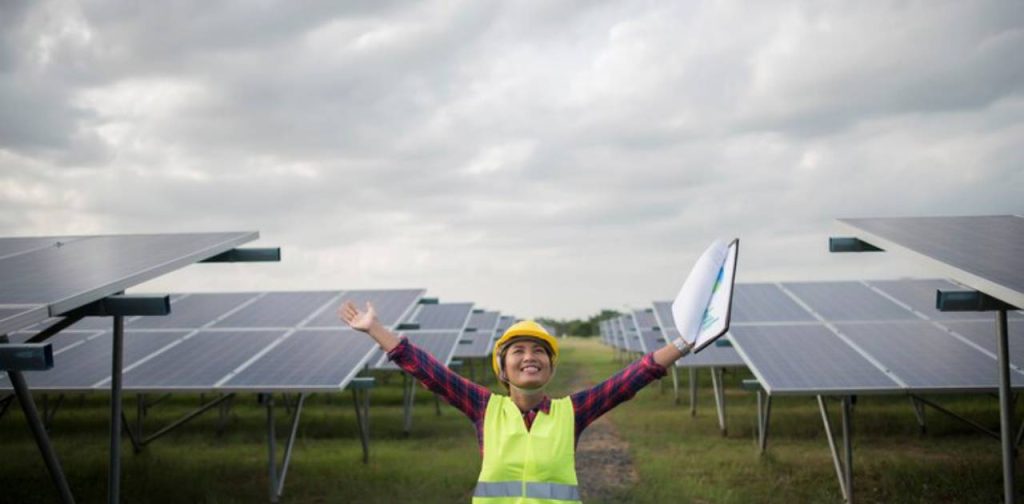Introduction
Solar energy is a renewable source of energy that harnesses the power of the sun to generate electricity. However, the efficiency and effectiveness of solar energy production can be significantly influenced by various weather conditions. This blog post will delve into the impact of different weather conditions on solar energy production.
Sunny Days
On clear, sunny days, solar panels can produce the maximum amount of electricity because they receive the most sunlight. The intensity of the sunlight directly affects the efficiency of the solar panels. Therefore, locations with a high number of sunny days per year are ideal for solar energy production.
Cloudy Days
Cloudy days can pose a challenge to solar energy production. While solar panels can still produce electricity on cloudy days, their efficiency is reduced because clouds block some of the sunlight. However, modern solar panels are designed to capture diffused light, so they can still generate power, albeit at a lower rate.
Rain and Snow
Rain can actually benefit solar panels by cleaning their surface and removing dust and other particles that might block sunlight. However, heavy rain and snow can reduce the amount of sunlight that reaches the panels, thereby reducing their efficiency. Snow can also accumulate on the panels and block sunlight completely, but most panels are designed to shed snow automatically
Temperature
While it might seem counterintuitive, solar panels actually work best in cooler temperatures. High temperatures can reduce the efficiency of solar panels. This is why solar panels can produce plenty of electricity in sunny, cold conditions.
Wind
Wind can have both positive and negative effects on solar energy production. On one hand, a cool breeze can help lower the temperature of solar panels, improving their efficiency. On the other hand, strong winds can cause dust and debris to accumulate on the panels, blocking sunlight and reducing efficiency. In extreme cases, strong winds can even damage the panels.
Conclusion
In conclusion, while weather conditions can significantly impact the efficiency of solar energy production, advancements in technology are helping to mitigate these effects. Modern solar panels are becoming increasingly efficient at capturing sunlight under a variety of weather conditions, making solar energy a viable and sustainable energy source for the future.







